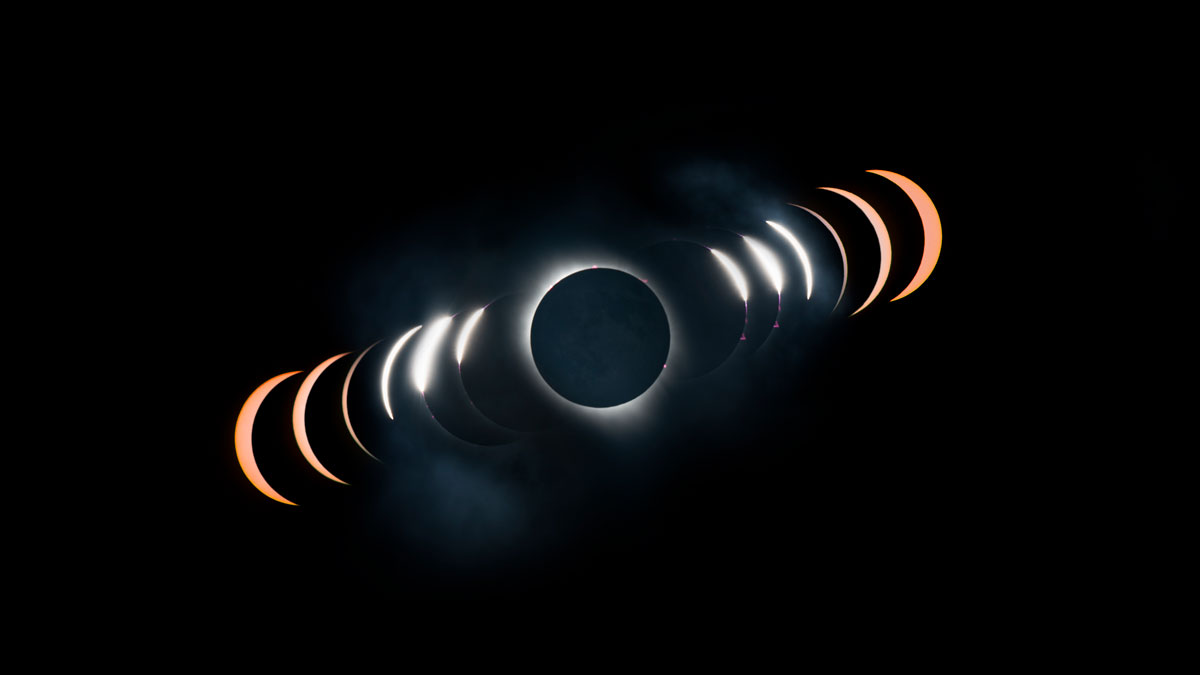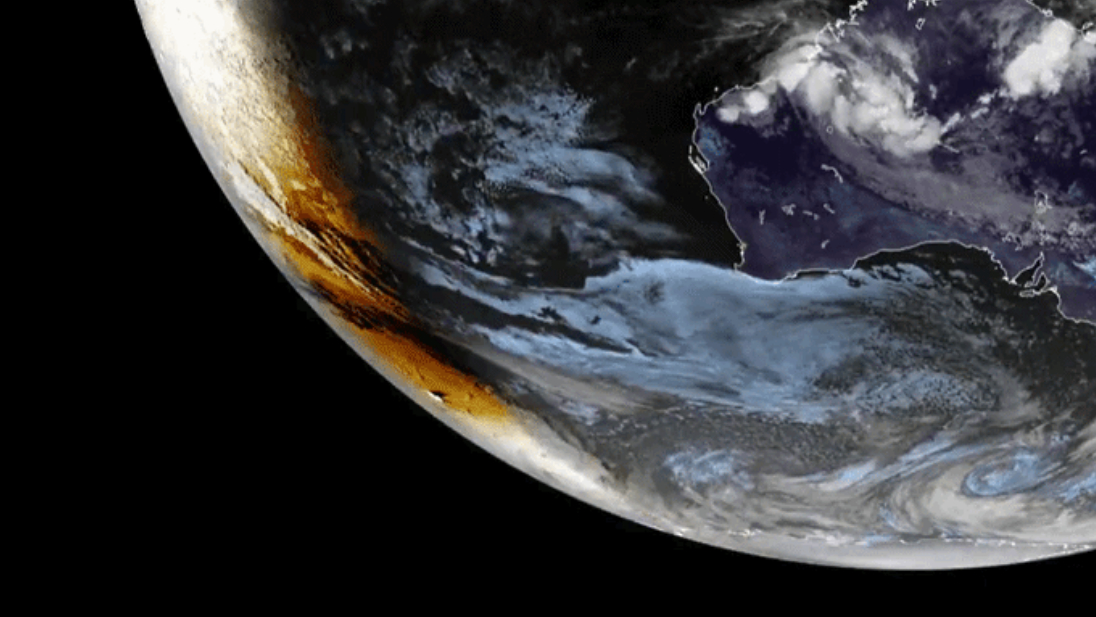The total solar eclipse 2024 tricked birds into singing a 'false dawn chorus'
Just four minutes of darkness was enough to confuse dozens of species of birds.

Breaking space news, the latest updates on rocket launches, skywatching events and more!
You are now subscribed
Your newsletter sign-up was successful
Want to add more newsletters?

Delivered daily
Daily Newsletter
Breaking space news, the latest updates on rocket launches, skywatching events and more!

Once a month
Watch This Space
Sign up to our monthly entertainment newsletter to keep up with all our coverage of the latest sci-fi and space movies, tv shows, games and books.

Once a week
Night Sky This Week
Discover this week's must-see night sky events, moon phases, and stunning astrophotos. Sign up for our skywatching newsletter and explore the universe with us!

Twice a month
Strange New Words
Space.com's Sci-Fi Reader's Club. Read a sci-fi short story every month and join a virtual community of fellow science fiction fans!
As the April 2024 solar eclipse crossed North America, humans weren't the only ones affected by the dimming of the midday sun. A new study revealed that at least 29 bird species showed changes in their vocalizations before, during and after the eclipse. Some even burst into a "false dawn chorus" as full sunlight returned.
In the lead-up to the eclipse, educators at Indiana University (IU) in Bloomington, Indiana — which was located in the eclipse's path of totality — brainstormed ways to get the public involved with eclipse-related science. They conceived of a mission to study how changes in light affect wild birds.
The team developed a free smartphone app called SolarBird to crowdsource observations all over North America. "Scientists can't be in a thousand places at once," IU Ph.D. student Liz Aguilar, who led the study, said in a statement. "The app gets around this problem by leveraging the public as scientists. It also encourages people to look around and listen, adding to the show in the sky."
Users were asked to observe a bird in their location for 30 seconds before, during and after totality, checking boxes that indicated the birds' behaviors (for instance, singing or flying). The results? More than 1,700 users contributed nearly 11,000 observations.
The team also deployed automated recorders around Bloomington to monitor bird vocalizations. Using the artificial neural network BirdNET, which powers the popular bird-identification app Merlin, researchers analyzed almost 100,000 vocalizations.
Ultimately, the team discovered that 29 of 52 of species of birds demonstrated vocal changes during the eclipse, though each species did not respond in the same way. For instance, of the 12 species that responded to totality, some fell silent while others sang more than usual.
The team noted that the strongest change in vocalization behavior occurred after totality, as the sun returned to its normal strength: 19 species engaged in a false dawn chorus, mimicking the usual birdsong they sing at sunrise.
Breaking space news, the latest updates on rocket launches, skywatching events and more!
"It's crazy that you can turn off the sun, even briefly, and birds' physiology is so tuned to those changes that they act like it’s morning," said IU professor Kimberly Rosvall, who advises Aguilar. "This has important implications on the impact of urbanization or artificial light at night, which are much more widespread."
The research was published in the journal Science on Oct. 9.

Space.com contributing writer Stefanie Waldek is a self-taught space nerd and aviation geek who is passionate about all things spaceflight and astronomy. With a background in travel and design journalism, as well as a Bachelor of Arts degree from New York University, she specializes in the budding space tourism industry and Earth-based astrotourism. In her free time, you can find her watching rocket launches or looking up at the stars, wondering what is out there. Learn more about her work at www.stefaniewaldek.com.
You must confirm your public display name before commenting
Please logout and then login again, you will then be prompted to enter your display name.
